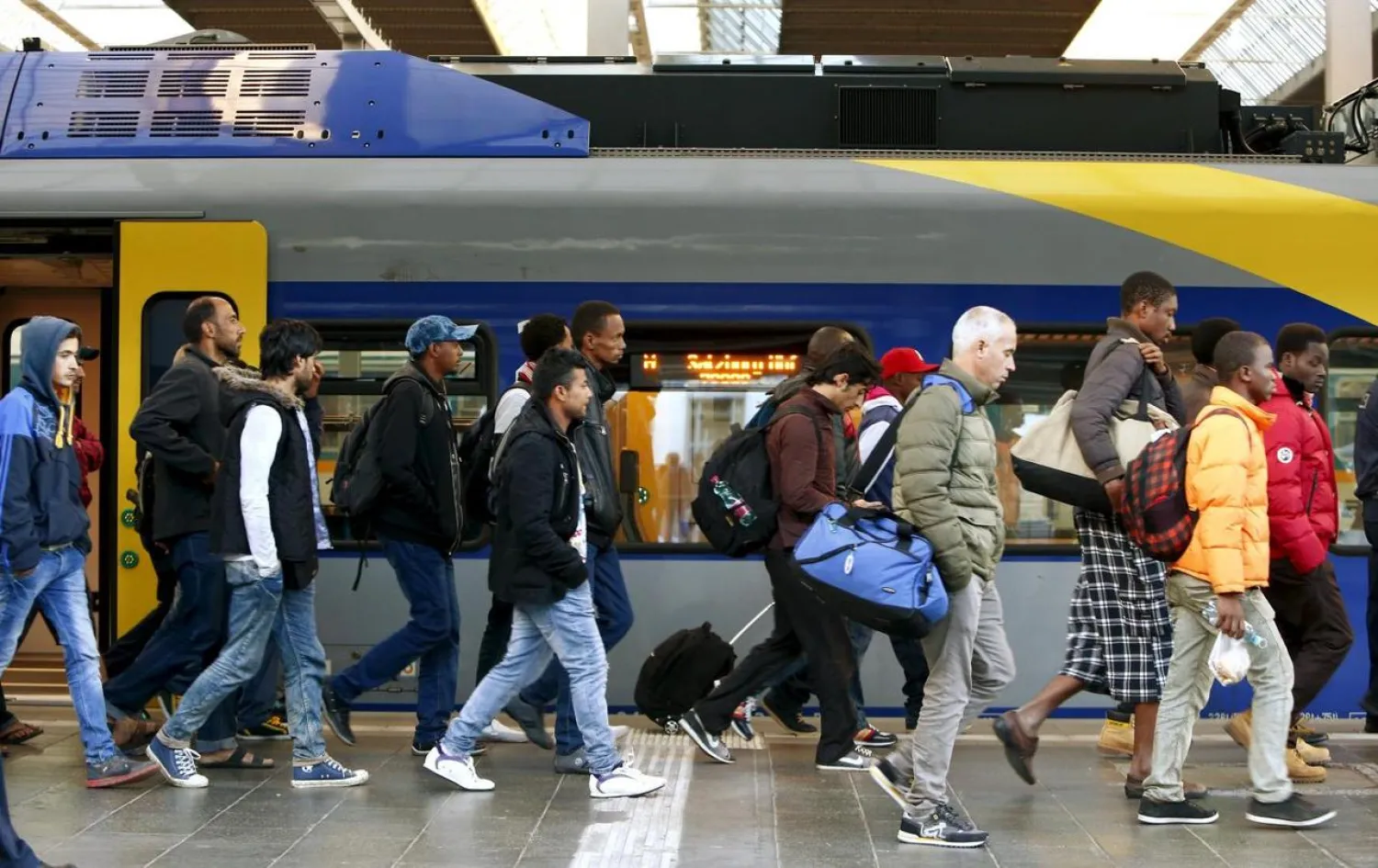Five years after Chancellor Angela Merkel controversially opened Germany's doors to hundreds of thousands of migrants, studies show the newcomers have integrated relatively well, but room for progress remains.
Around half of the nearly 900,000 asylum seekers who arrived in Germany in 2015, many from conflict-torn Syria, Afghanistan and Iraq, now have a job, according to Germany's Institute for Employment Research (IAB).
Migrants have been "rather successful" in finding employment in Europe's top economy, said IAB's migration expert Herbert Bruecker.
Many are working in hospitality, the security services, cleaning services and retirement homes, plugging gaps in Germany's labor market.
The pandemic has, however, slammed the brakes on the positive trend, Bruecker said, with many working in sectors hardest-hit by virus restrictions and vulnerable to lay-offs.
A separate study by the DIW economic institute also concluded that the integration of Germany's newcomers was on the right track, AFP reported.
But it said more needed to be done to help find work for migrants with low education levels and for female migrants, who often have young children to look after.
For many migrants, learning German is the fastest road to acceptance into German society.
"Just one percent of the refugees had good or very good knowledge of German upon arrival," said the IAB's Bruecker.
Today around half of them speak German relatively fluently while another one third speak the language "at a medium level".
Bruecker said it was important to ensure that coronavirus restrictions didn't hamper migrants' access to language classes and educational courses, because they are crucial to integration efforts.
Looking ahead, Bruecker said migrants would play an increasingly important role in Germany's economy as they help make up for a rapidly ageing population.
"We are in the middle of a demographic shift," AFP quoted him as saying. Last year alone, the number of people of working age in Germany shrank by 340,000 year-on-year.
"This trend will increase once the 'baby boomers' start retiring," Bruecker said.
Given Germany's low birth rate, the only way to make up for the shortfall is through immigration, he added.









